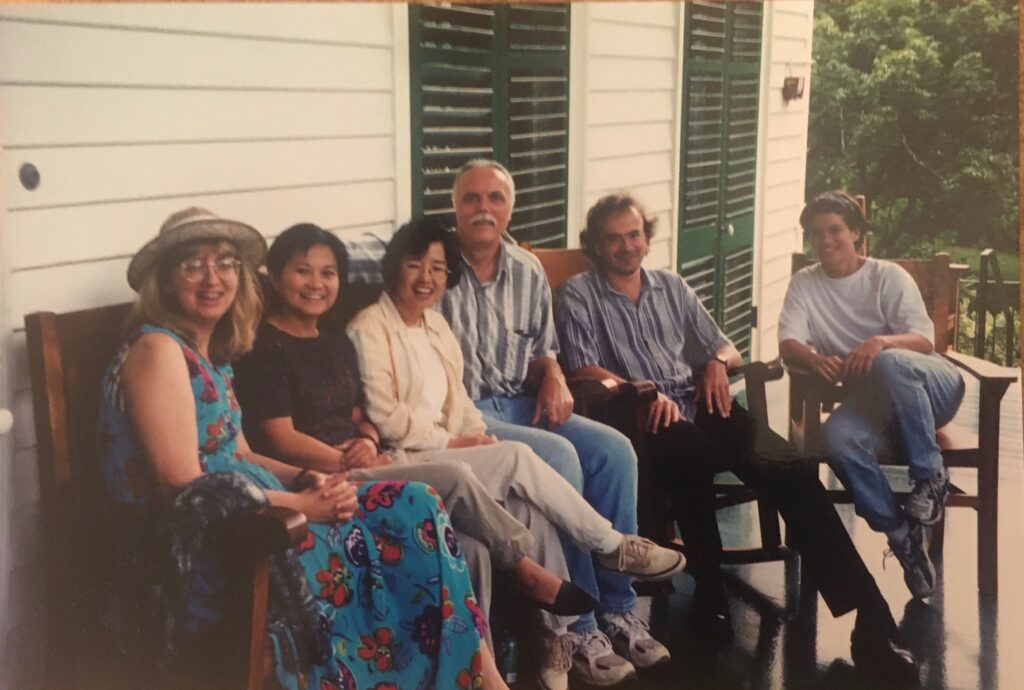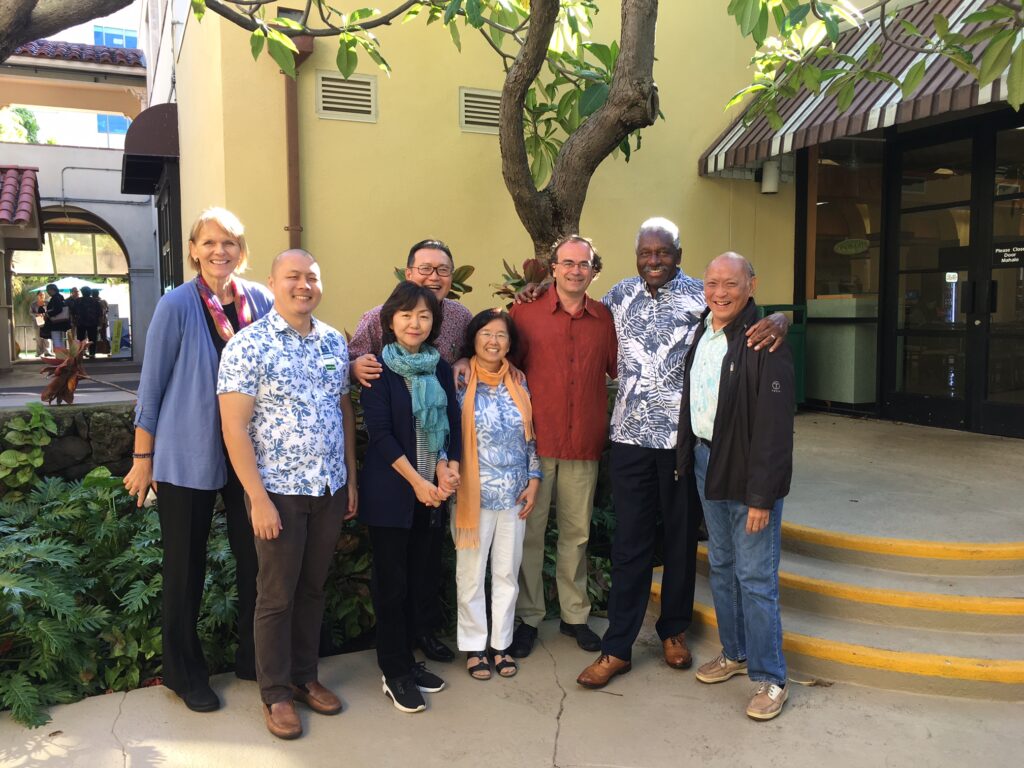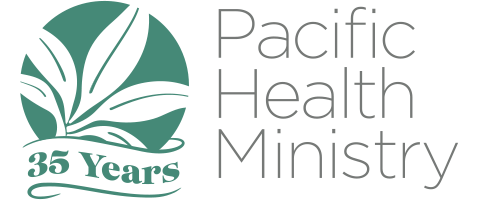“They told me that if I could survive CPE, I could survive anything.”
-Jochen Strack
Why did you decide to enroll in CPE?
I decided to enroll in CPE when I was studying at the University of Munich in Germany. Although I wasn’t pursuing a degree in theology, I enjoyed the subject and met several students who had done a CPE program in America. They said it was the best part of their education. They told me that if I could survive CPE, I could survive anything.
How did you initially hear about the CPE program?
At the time I was an avid windsurfer and wanted to spend time abroad. I found an online listing of all the CPE centers, and the next day I sent a fax to John Moody.
When and in what specific program did you participate in CPE?
I participated in CPE training for 3 months from 1999-2000 at the Queen’s Medical Center.

Did you have any preconceived ideas or notions about CPE?
I had been told by others that CPE was the best part of their theological education. I was young and had previously taken a course in hospital chaplaincy where I visited patients, which I enjoyed, so I was excited to go.
Can you describe what the CPE program was like?
During my time in the program, I had to work four nights as an on-call chaplain. There was a room with a bed we could use whenever needed, especially since the experience could be pretty intense. We had to deal with many sad moments, including people dying, and the day was rapidly changing from one situation to the next.
One day while on-call, a group of about seven chaplain students and I were having lunch when I was asked to help a family whose mother was about to die. I got in the elevator and had to transition from a moment of joy to a moment of profound sadness. We were all holding hands and watching the cardiac monitor as she died. The family told me a little about her and at around 3 p.m., they asked me to say the Lord’s prayer. Halfway through the prayer I couldn’t remember the words but they were so gracious and one of them continued on.
At the end of the day, I would walk home and remind myself that I was there to be present in the moment with these patients and their families. CPE was a powerful experience and I gained so much just by learning how to be present.
The core of CPE is visiting patients, and despite participating 22 years ago, I still remember my time there and particular visits during those three months. I cherish those memories.
What is your current job and how has CPE impacted your career?
After CPE I went to seminary to finish my Master’s in Divinity but didn’t feel called to become a pastor, so I ended up in nursing school. I have since become a nurse practitioner and CPE continues to impact my work.
During the three months, I was at PHM, there were two major things we focused on in didactics – one was not to be defensive, and the other was to imagine the reality of the other person. Now as a nurse and nurse practitioner, I put myself in the patient’s reality and aimed to make them feel heard.
For a while, I was working with homeless people as a nurse practitioner and I remembered when our CPE supervisor had one of us sit on the floor, pretend to be a patient, and ask the person standing at the desk for help. Our supervisor would then require that person to step off the desk and sit next to the person on the floor. We would then have to describe how the change affected our perspective and our ability to be with them. That is what I enjoyed so much as a nurse practitioner—showing up.
I learned there is a difference between charity and solidarity. Chaplaincy is about solidarity and being with the patient in their situation.
What impact has CPE had on you personally?
Since being a part of CPE, prayer has become my backbone. CPE also helps you deal with your own shadow and weak points. It really helped me find my identity. At PHM, you are in a very diverse setting and it pushes you to expand your way of thinking. Our supervisor took us on several field trips including a farm for low-income children in Mākaha, and it was then that my interest shifted to faith, culture and social justice. On my last day in Honolulu, I took all my windsurfing gear and threw it in the trash. I had become interested in so much more.

Life during Covid
I spent the time during COVID working with my wife on our book, Stories of Spiritual Healing: Becoming Well.
